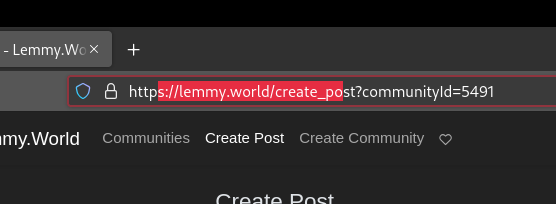this post was submitted on 26 Nov 2024
366 points (98.4% liked)
Linux
56091 readers
1247 users here now
From Wikipedia, the free encyclopedia
Linux is a family of open source Unix-like operating systems based on the Linux kernel, an operating system kernel first released on September 17, 1991 by Linus Torvalds. Linux is typically packaged in a Linux distribution (or distro for short).
Distributions include the Linux kernel and supporting system software and libraries, many of which are provided by the GNU Project. Many Linux distributions use the word "Linux" in their name, but the Free Software Foundation uses the name GNU/Linux to emphasize the importance of GNU software, causing some controversy.
Rules
- Posts must be relevant to operating systems running the Linux kernel. GNU/Linux or otherwise.
- No misinformation
- No NSFW content
- No hate speech, bigotry, etc
Related Communities
Community icon by Alpár-Etele Méder, licensed under CC BY 3.0
founded 6 years ago
MODERATORS
you are viewing a single comment's thread
view the rest of the comments
view the rest of the comments

firefox has been following kde's colors for a good while now
True, although not in the same way. KDE is using its own GTK theme and uses ~/.config/gtk-3.0/gtk.css to override colors to the accent color. But this method is broken for sandboxed versions of Firefox since they can't access ~/.config/gtk-3.0/gtk.css (though with flatpak you could create an override to allow it).
I believe (and hope) Firefox is now following the standardized accent color portal for determining the accent color. If so, then this accent color change should work on Gnome, KDE, Pantheon, and other desktops that support the accent color portal. If true, then even sandboxed apps should follow the accent color without messing with the sandbox.
I love the flatpak Wayland portals and systemd desktop stack. It allows Linux to finally have some sort of standard that everyone agrees on. This is what has been holding Linux back for so many years, it's basically impossible to build a Linux app that will work for everyone because of this. Now we have a single dedicated system APIs that is available basically everywhere
Uhmm.. It was always possible to make an "app" that works on all linuxes the same.
There was always a need for a specific system dependency like for the file picker. There was no universal API that uses a system provided way to have a file picker. It had to be hacked together by adding dependencies to the app and everything that comes with this
The Linux part was never a problem. The userspace is.
For the proper opensource apps, this can be fixed by the package maintainers (shout-out to the real heroes!).
For proprietary, compile-once run anywhere apps, that was always a problem. For more info, I recommend this great FOSDEM talk by Simon McVittie from Collabora.